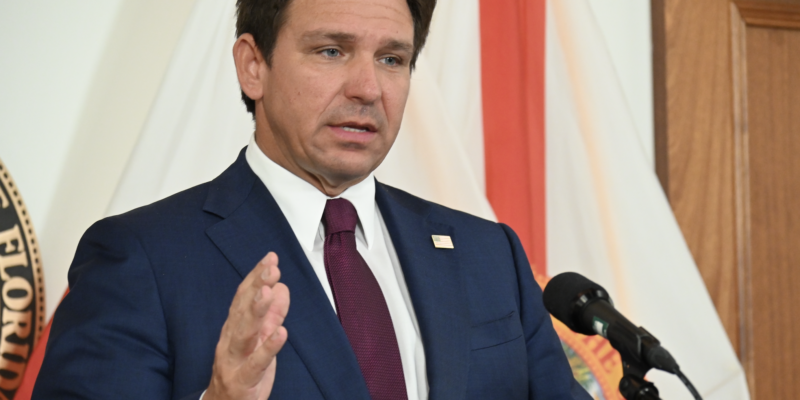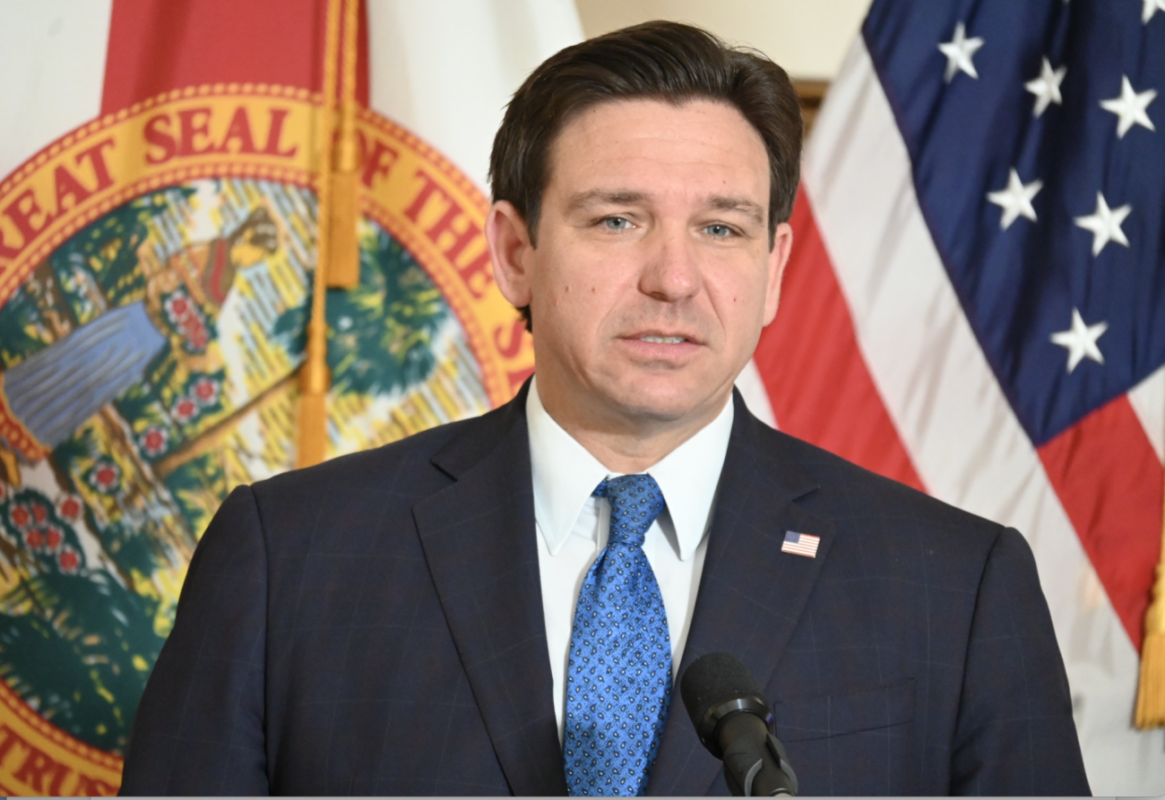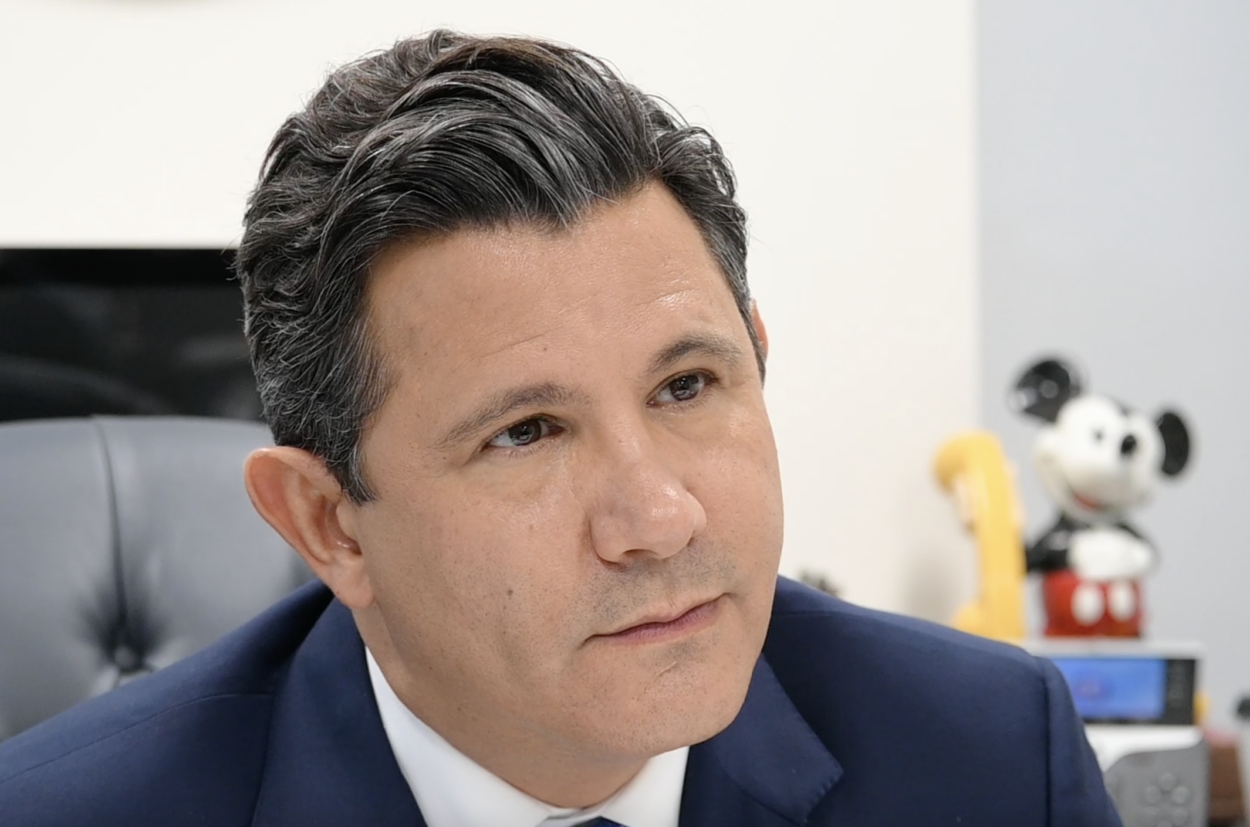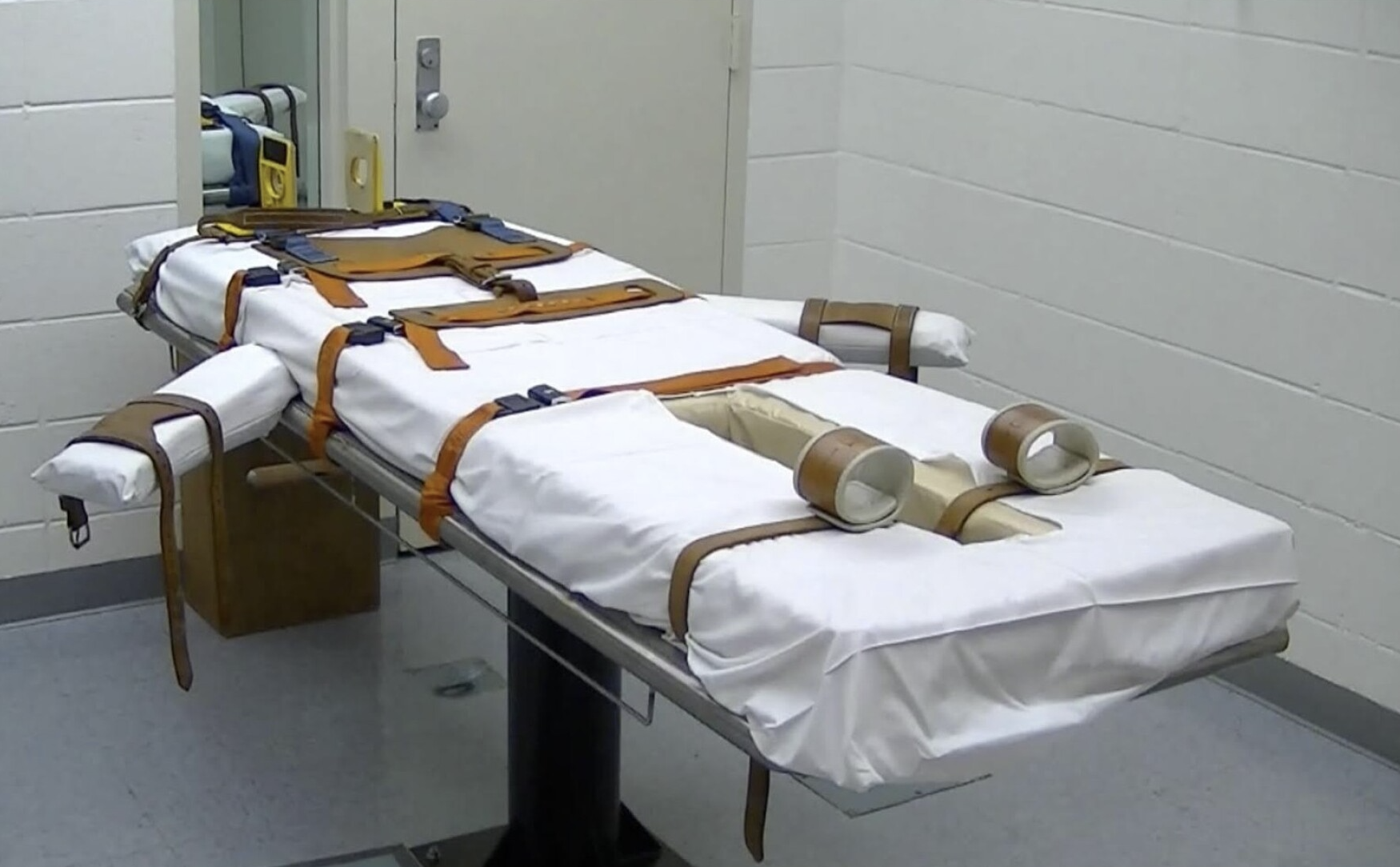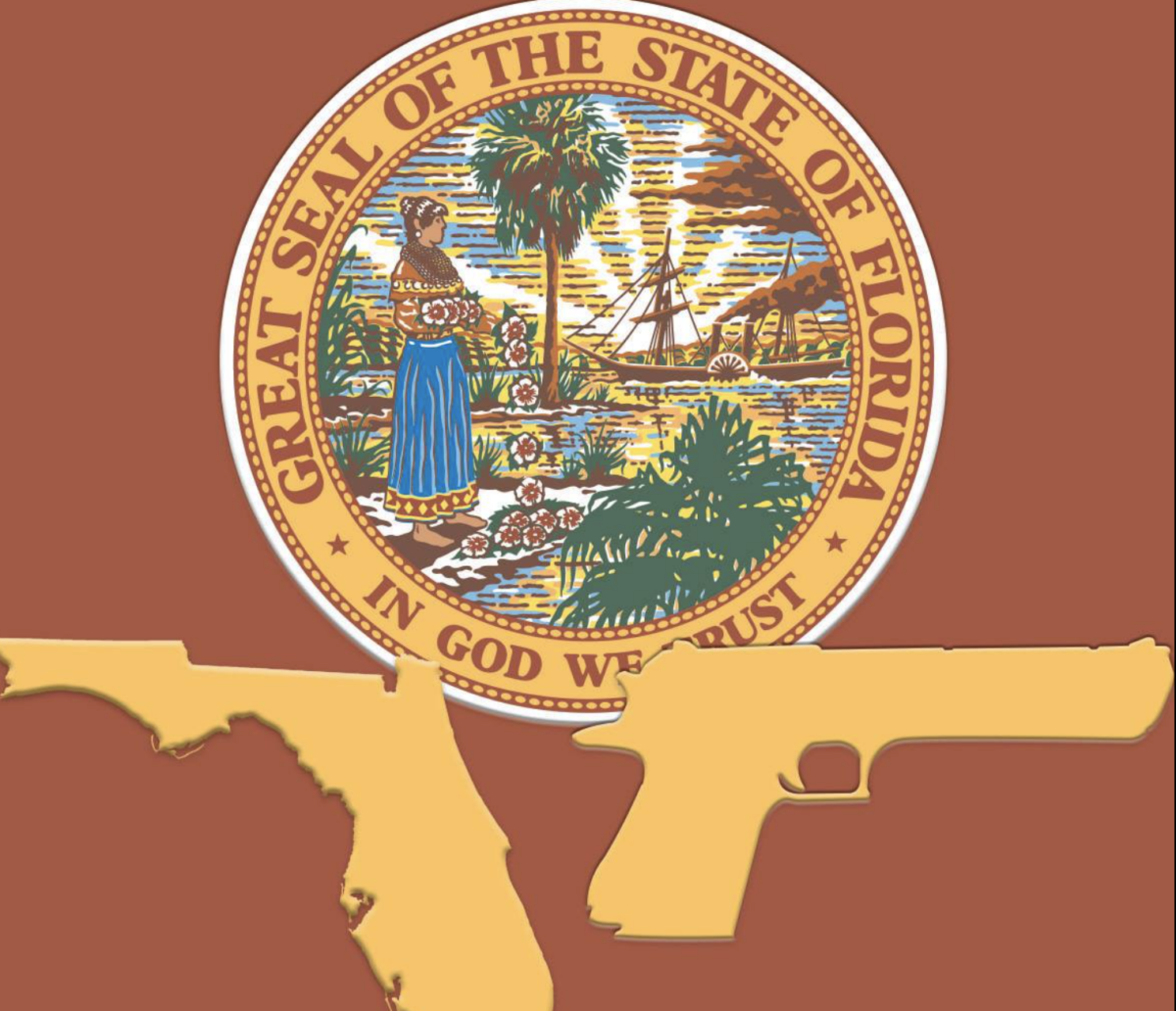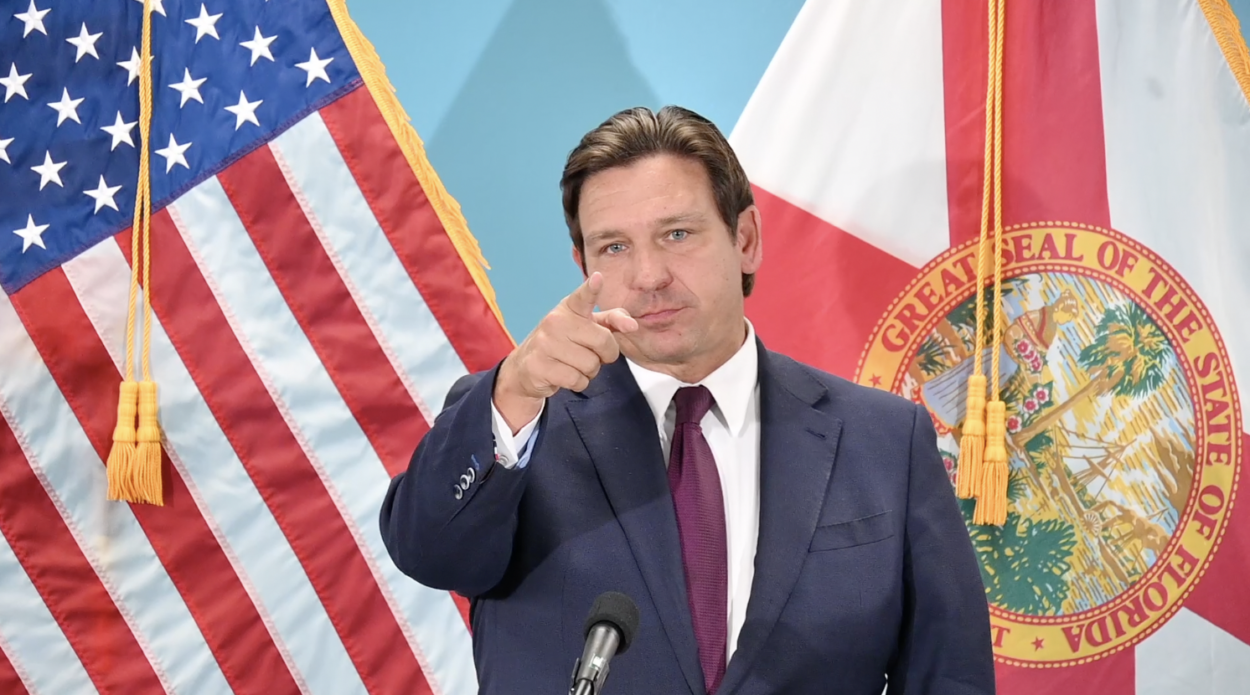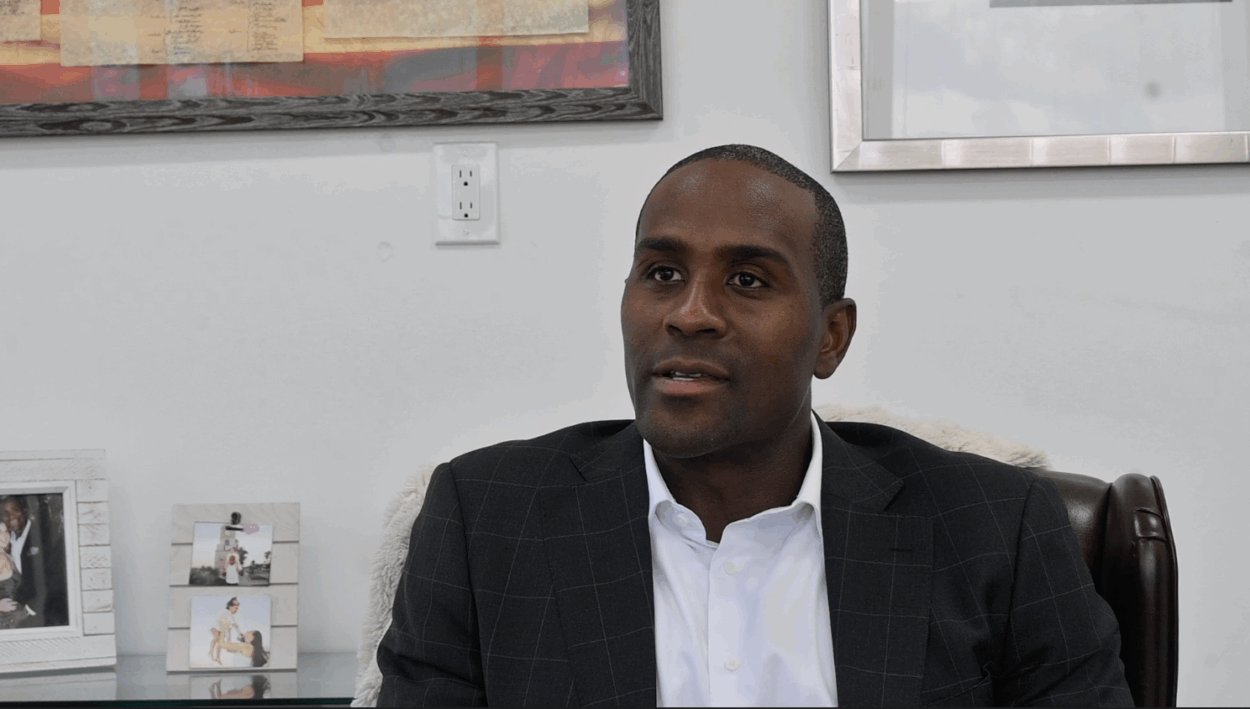Gov. Ron DeSantis on Wednesday signed a sweeping bill hardening schools against would-be attackers into law—the seventh anti-school shooter legislation passed in seven years.
The massive bill, SB 1470, employs a wide range of new security protocols for schools, including expanding the state's Guardian Program to child care facilities.
This means daycares can use sheriff-trained, armed volunteers, employees, or private security guards to protect against deranged gunmen.
Sponsored by Republicans Sen. Danny Burgess and Rep. Brad Yeager, the new law—which takes effect July 1—is the seventh anti-school shooter legislation in seven years, a disturbing yet vital Florida trend borne in the immediate aftermath of the Marjory Stoneman Douglas High School shooting in 2018, which left 17 dead.
"If you're a school that has a Guardian, that's going to be a disincentive for someone to want to target your school," DeSantis said at a Winter Haven press conference on Wednesday. "It deters it from happening. These guys want to go to gun-free zones where they know that there's not going to be any major resistance."
SB 1470 also requires all school security guard training to be approved by a county sheriff, requires most school doors and gates to be locked starting 30 minutes before the school day begins until 30 minutes after it ends—exempting busy areas like cafeterias—and asks the Department of Education to have a centralized system integrating each school's mandatory panic alarm setup.
The approval of the new law comes at a devastating time for Florida, rocked by its only school shooting this year.
Last month, 20-year-old Phoenix Ikner, the stepson of a local sheriff's deputy, opened fire in and around the college's busiest building, killing two and wounding five, before a campus officer shot Ikner in the jaw, ending the rampage just three minutes after it began.
But the terror had only just begun. Students and staff, who hadn't received an active shooter alert until two minutes after Ikner was neutralized, desperately barricaded themselves in classrooms with a near-fatal flaw—no locks on the doors, The Floridian first reported.
School hardening legislation ramped up in the Sunshine State just weeks after 19-year-old Nikolas Cruz carried out a Valentine's Day massacre at his Parkland high school. The shooting, the second-deadliest in Florida's history, sparked a slew of reforms in the firearm and school sphere.
The 2018 legislature, already in session, quickly passed the Marjory Stoneman Douglas Public Safety Act, a comprehensive package creating the Guardian Program, raising the long gun purchasing age from 18 to 21, and instituting red flag laws. These allow the state to temporarily seize the guns of a Floridian determined to be a threat to themselves or others by a court.
Every year since then, Florida has passed measures hardening schools. This includes expanding the Guardian Program to private schools, increasing the hours of instruction on active shooter scenarios to sixteen, and requiring every school to have a panic alarm system, allowing teachers to directly contact law enforcement in the event of an emergency.

